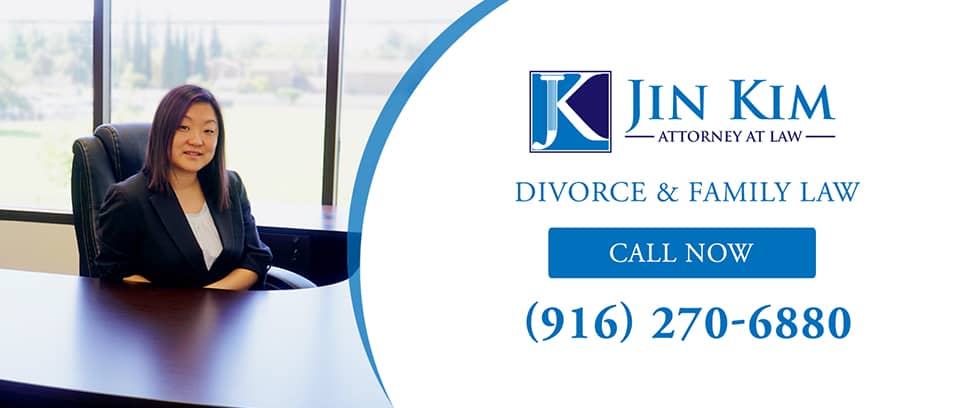When Children Can Testify And Express Their Child Custody Preference
Judges presiding in child custody and visitation cases have a delicate balance to find: making a decision in the child’s best interests by weighing all relevant factors versus making sure that the child is protected from the negative effects of the proceedings as much as possible. Finding this balance can be especially challenging when a child wishes to express their custody preference to the court.
California Family Code
The laws governing the taking of child testimony in child custody cases in California are governed by California Family Code 3042, implemented by Rule 5.250 of the California Rules of Court.
Who Can Ask The Court
If a child wishes to address the court, the following persons may indicate this to the judge:
- the minor’s counsel;
- an evaluator;
- an investigator;
- a child custody recommending counselor who provides recommendations to the judge;
- a party;
- a party’s attorney; and
- If there is no information that a child wishes to address the court, a judicial officer may inquire if the child wishes to do so.
Whether The Child Is Allowed To Testify
Ultimately, whether or not a child is allowed to address the court is determined by the standard of the best interests of the child.
Age
14 years of age is a threshold age when it comes to child testimony in custody cases. If a child 14 years of age or older wishes to address the court, the court should allow it. Upon reaching the age of 14, not being allowed to testify is the exception rather than the rule, although the court may still deny the child’s request if it is not in his best interests, and the court has to provide the reasons for its refusal.
Capacity to Reason
While the court may listen to a child’s testimony, the court is not necessarily bound to accept the child’s wishes as determinative of his judgment; however, if the judge determines that the child is “of sufficient age and capacity to reason so as to form an intelligent preference as to custody or visitation,” the court shall consider and give due weight to the child’s wishes in making the custody or visitation orders.
Best Interests of the Child
There is no law requiring a child to testify or prohibiting a child from testifying. The court may allow a child to testify if, based upon its determination, it is in the child’s best interest to be heard or if the child may benefit from addressing the court. On the other hand, the court may deny the child’s request if there is information that the child may be at risk emotionally if permitted to do so.
Procedure
Procedurally, the court is required to control the examination of a child witness so as to protect the best interests of the child. This means that a judge can determine the venue, whether or not to close the courtroom to the public, who else should be present, and how the child is questioned. The court will also determine whether or not it is advisable to appoint counsel for the minor.
The main interest of the judge in implementing these safeguards is to create an environment in which the child can be open and honest and protect the child from any harassment or embarrassment.
If calling the child as a witness is precluded, the court shall explore alternative means of obtaining the child’s input. Such alternative methods may include:
- The child’s participation in mediation;
- The appointment of an evaluator or investigator;
- Other admissible evidence provided by the parties and witnesses;
- Recommendations provided by a counselor; or
- other child interview professionals, in order to avoid unnecessary multiple interviews
Such information is deemed confidential, must be in writing, described in sufficient detail, and the party providing the same to the court must be available for testimony and cross-examination.
Court staff and judicial officers are also mandated to undergo education and training regarding children’s participation in family court processes.
All of this is to ensure that the child’s bests interests are protected as much as possible in the chaos and turmoil of a contested child custody case.
